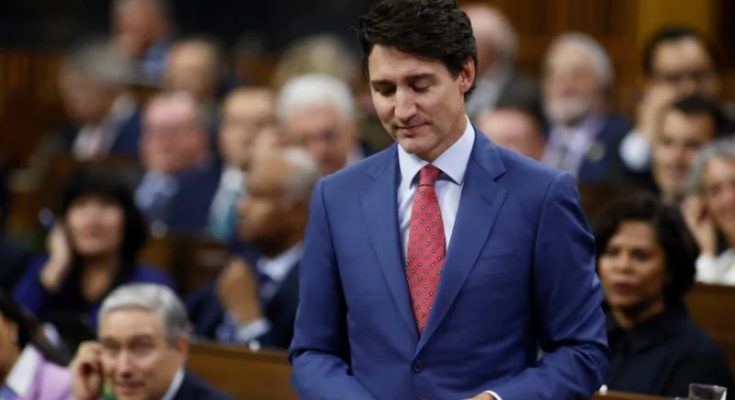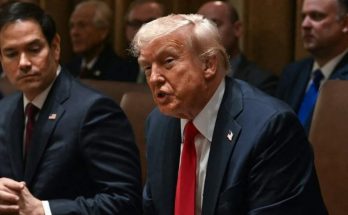Internal pressure is mounting on Canadian Prime Minister Justin Trudeau to step down as leader of the Liberal Party, as dissent among his own caucus intensifies.
On Wednesday, a significant number of Liberal Members of Parliament (MPs) gathered for a closed-door meeting on Parliament Hill, signaling a deepening rift within the party, according to CBC News.
The confidential session, part of the regular weekly caucus meetings conducted while the House of Commons is in session, provided a forum for discontented MPs to directly express their concerns to Trudeau. Sources indicate that 24 Liberal MPs have signed an agreement urging the prime minister to resign, with an ultimatum set for October 28 for Trudeau to determine his future leadership.
During the three-hour-long meeting, British Columbia MP Patrick Weiler presented a document advocating for Trudeau’s resignation. Weiler drew parallels to the resurgence experienced by the Democratic Party in the United States following President Joe Biden’s decision not to seek re-election, suggesting that the Liberal Party could similarly benefit from a leadership change ahead of the next federal election.
Each MP was allotted two minutes to speak during the session, where approximately 20 members—none of whom hold cabinet positions—stood to call for Trudeau to step aside before the upcoming election. Despite the majority pushing for his resignation, a number of MPs also voiced their support for the prime minister, highlighting a divided caucus.
Marc Miller, the Immigration Minister, addressed the tensions by acknowledging the frustrations of his colleagues. “Fundamentally, this is something that has been simmering for some time and it’s important for people to get it out. This isn’t a code red situation. The prime minister can sure as hell handle the truth,” Miller told reporters, as reported by CBC News.
The document presented during the meeting outlined the reasons behind the call for Trudeau’s resignation but stopped short of detailing any specific repercussions should he choose not to comply by the given deadline. The situation reflects ongoing challenges within the Liberal Party as it navigates internal disagreements and prepares for future electoral battles.
As the October 28 deadline approaches, the Liberal Party and Trudeau face an uncertain path forward, with the potential for significant shifts in leadership dynamics that could influence the political landscape of Canada in the coming years.
(Image and text courtesy: Khalsavox.com)





